Usage
The layout design for these subpages is at Portal:Society/Featured biography/Layout.
- Add a new Featured article to the next available particular subpage.
- The list should only contain articles that have been given a quality rating of Featured Article or Good Article.
- All blurbs should have an accompanying free-use image that is relevant to the Featured article.
- The "blurb" for all Featured articles should be approximately 10 lines, for appropriate formatting in the portal main page.
- Update "max=" to new total for its {{Random portal component}} on the main page.
Featured biographies list
Featured biography 1
Portal:Society/Featured biography/1
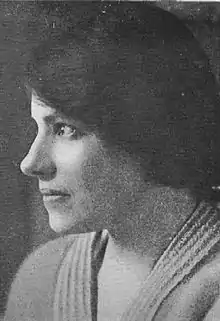
Featured biography 2
Portal:Society/Featured biography/2
.png.webp)
Featured biography 3
Portal:Society/Featured biography/3
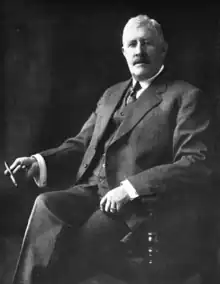
Featured biography 4
Portal:Society/Featured biography/4
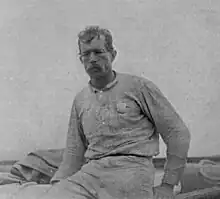
Featured biography 5
Portal:Society/Featured biography/5
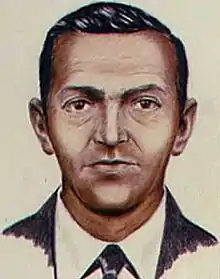
Featured biography 6
Portal:Society/Featured biography/6
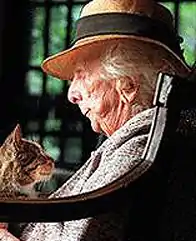
Featured biography 7
Portal:Society/Featured biography/7

Featured biography 8
Portal:Society/Featured biography/8

Featured biography 9
Portal:Society/Featured biography/9

Featured biography 10
Portal:Society/Featured biography/10
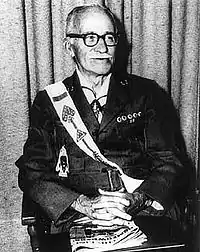
Featured biography 11
Portal:Society/Featured biography/11
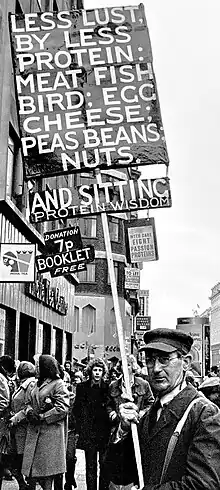
Featured biography 12
Portal:Society/Featured biography/12
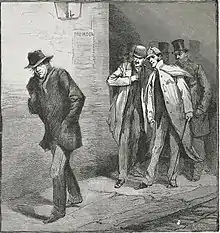
Featured biography 13
Portal:Society/Featured biography/13
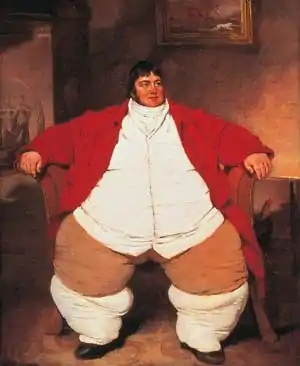
Featured biography 14
Portal:Society/Featured biography/14
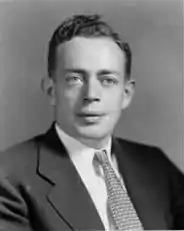
Featured biography 15
Portal:Society/Featured biography/15
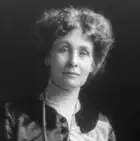
Featured biography 16
Portal:Society/Featured biography/16
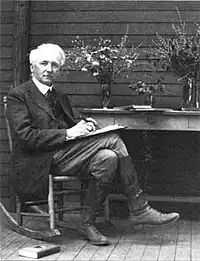
Featured biography 17
Portal:Society/Featured biography/17
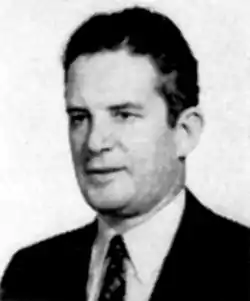
Featured biography 18
Portal:Society/Featured biography/18
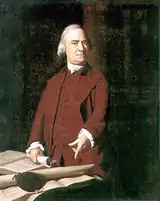
Featured biography 19
Portal:Society/Featured biography/19

Featured biography 20
Portal:Society/Featured biography/20

Featured biography 21
Portal:Society/Featured biography/21

Featured biography 22
Portal:Society/Featured biography/22
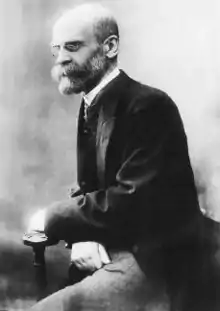
Featured biography 23
Portal:Society/Featured biography/23
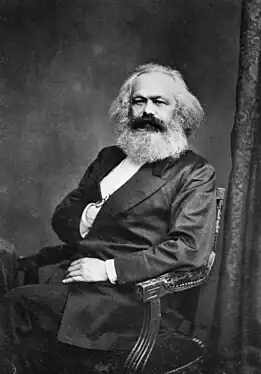
Featured biography 24
Portal:Society/Featured biography/24

Featured biography 25
Portal:Society/Featured biography/25 Lev Chernyi (Russian: Лев Чёрный, IPA: [ˈlʲef ˈt͡ɕɵrnɨj] ⓘ; died September 21, 1921) was a Russian anarchist theorist, activist and poet, and a leading figure of the Third Russian Revolution. His early thought was individualist, rejecting anarcho-communism as a threat to individual liberty. In 1917, Chernyi was released from his political imprisonment by the Imperial Russian regime, and swiftly became one of the leading figures in Russian anarchism. After strongly denouncing the new Bolshevik government in various anarchist publications and joining several underground resistance movements, Chernyi was arrested by the Cheka on a charge of counterfeiting and in 1921 was executed without trial. (Full article...)
Featured biography 26
Portal:Society/Featured biography/26

Featured biography 27
Portal:Society/Featured biography/27

Featured biography 28
Portal:Society/Featured biography/28
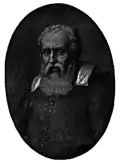
Featured biography 29
Portal:Society/Featured biography/29 John Maynard Keynes, 1st Baron Keynes, CB, FBA (/ˈkeɪnz/ KAYNZ; 5 June 1883 – 21 April 1946) was a British economist whose ideas have profoundly affected the theory and practice of modern macroeconomics, and informed the economic policies of governments. He built on and greatly refined earlier work on the causes of business cycles, and is widely considered to be one of the founders of modern macroeconomics and the most influential economist of the 20th century.His ideas are the basis for the school of thought known as Keynesian economics, as well as its various offshoots. In the 1930s, Keynes spearheaded a revolution in economic thinking, overturning the older ideas of neoclassical economics that held that free markets would, in the short to medium term, automatically provide full employment, as long as workers were flexible in their wage demands. Keynes instead argued that aggregate demand determined the overall level of economic activity, and that inadequate aggregate demand could lead to prolonged periods of high unemployment. He advocated the use of fiscal and monetary measures to mitigate the adverse effects of economic recessions and depressions. Following the outbreak of World War II, Keynes's ideas concerning economic policy were adopted by leading Western economies. During the 1950s and 1960s, the success of Keynesian economics resulted in almost all capitalist governments adopting its policy recommendations. Keynes's influence waned in the 1970s, partly as a result of problems that began to afflict the Anglo-American economies from the start of the decade, and partly because of critiques from Milton Friedman and other economists who were pessimistic about the ability of governments to regulate the business cycle with fiscal policy. (Full article...)
Featured biography 30
Portal:Society/Featured biography/30 Laozi (Chinese: 老子; pinyin: Lǎozǐ; Wade–Giles: Lao Tzu; also romanized as Lao Tse, Lao Tu, Lao-Tsu, Laotze, Laosi, Laocius, and other variations) (fl. 6th century BCE) was a philosopher of ancient China, best known as the author of the Tao Te Ching (often simply referred to as Laozi). His association with the Tào Té Chīng has led him to be traditionally considered the founder of philosophical Taoism (pronounced as "Daoism"). He is also revered as a deity in most religious forms of Taoist philosophy, which often refers to Laozi as Taishang Laojun, or "One of the Three Pure Ones". According to Chinese traditions, Laozi lived in the 6th century BCE. Some historians contend that he actually lived in the 5th–4th century BCE, concurrent with the Hundred Schools of Thought and Warring States period, while some others argue that Laozi is a synthesis of multiple historical figures or that he is a mythical figure. A central figure in Chinese culture, both nobility and common people claim Laozi in their lineage. He was honored as an ancestor of the Tang imperial family, and was granted the title Táishāng xuānyuán huángdì, meaning "Supreme Mysterious and Primordial Emperor". Throughout history, Laozi's work has been embraced by various anti-authoritarian movements. (Full article...)
Featured biography 31
Portal:Society/Featured biography/31

Featured biography 32
Portal:Society/Featured biography/32
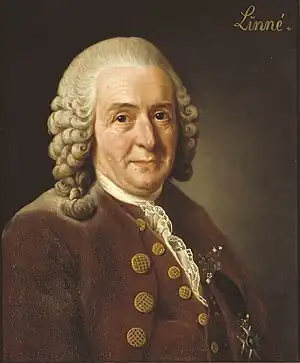
Featured biography 33
Portal:Society/Featured biography/33
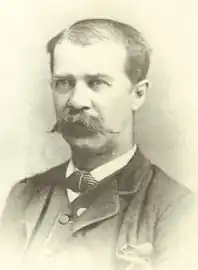
Featured biography 34
Portal:Society/Featured biography/34

Featured biography 35
Portal:Society/Featured biography/35

Featured biography 36
Portal:Society/Featured biography/36 Su Song (simplified Chinese: 苏颂; traditional Chinese: 蘇頌; pinyin: Sū Sòng; style name: Zirong 子容) (1020–1101 AD) was a renowned Chinese polymath who specialized himself as a statesman, astronomer, cartographer, horologist, pharmacologist, mineralogist, zoologist, botanist, mechanical and architectural engineer, poet, antiquarian, and ambassador of the Song dynasty (960–1279). Su Song was the engineer of a water-driven astronomical clock tower in medieval Kaifeng, which employed the use of an early escapement mechanism. The escapement mechanism of Su's clock tower had previously been invented by Buddhist monk Yi Xing and government official Liang Lingzan in 725 AD to operate a water-powered armillary sphere, although Su's armillary sphere was the first to be provided with a mechanical clock drive. Su's clock tower also featured the oldest known endless power-transmitting chain drive, called the tian ti (天梯), or "celestial ladder", as depicted in his horological treatise.The clock tower had 133 different clock jacks to indicate and sound the hours. Su Song's treatise about the clock tower, Xinyi Xiangfayao (新 儀 . 象 法 要), has survived since its written form in 1092 and official printed publication in 1094. The book has been analyzed by many historians, such as Joseph Needham. However, the clock itself was dismantled by the invading Jurchen army in AD 1127, and although attempts were made to reassemble the clock tower, it was never successfully reinstated. Although the Xinyi Xiangfayao was his best known treatise, the polymath had other works compiled as well. He completed a large celestial atlas of several star maps, several terrestrial maps, as well as a treatise on pharmacology. The latter discussed related subjects on mineralogy, zoology, botany, and metallurgy. (Full article...)
Featured biography 37
Portal:Society/Featured biography/37
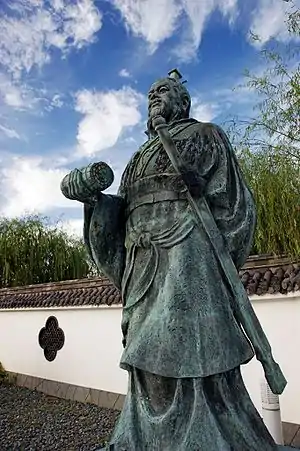
Featured biography 38
Portal:Society/Featured biography/38
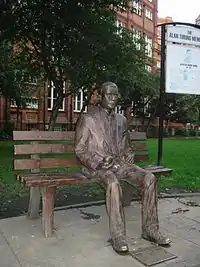
Featured biography 39
Portal:Society/Featured biography/39

Featured biography 40
Nominations
- Adding articles
- Feel free to add Featured quality articles to the above list.
- If you are unsure or do not know how to add an entry, feel free to post a question, suggestion or nomination here below, or at the talk page Portal talk:Society.